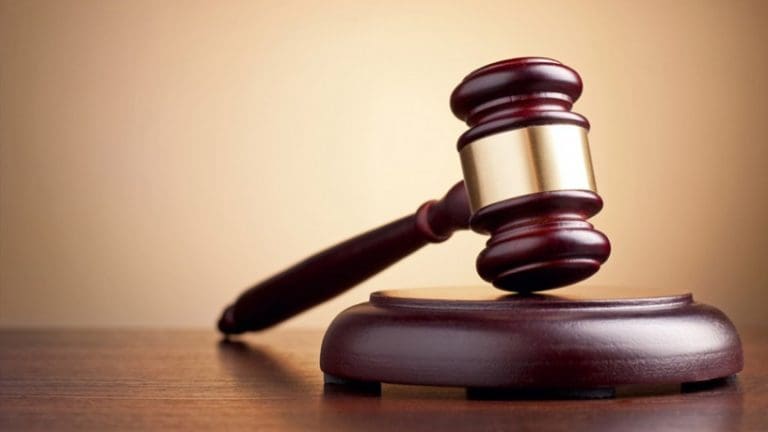Posts
In 1718, decades before the Founding Fathers quarreled over State’s rights versus Federal rights, Blackbeard’s infamous Queen Anne’s Revenge ran aground off the coast of Beaufort, North Carolina. Nearly 300 years later, the Supreme Court of the United States unanimously ruled that all States enjoy sovereign immunity from copyright lawsuits. In June 2019, we published…
Read MoreForemost, if you haven’t seen Netflix’s seven-part, true crime documentary series “Tiger King: Murder, Mayhem and Madness”, do yourself a quarantine favor and watch it now. Joseph Maldonado-Passage f/k/a Joe Schreibvogel a/k/a Joe Exotic is a former big cat breeder and roadside zoo owner who is currently serving a 22-year prison sentence for two counts of…
Read MoreIn 2003, Kobe Bryant created a trust for the benefit of his wife, Vanessa, and their children. Last amended in 2017, the trust does not provide for their nine-month-old daughter, Capri. If Kobe were still alive, the trust could have been amended with relative ease by his signing an amendment drafted by his estate planning…
Read MoreThe World Heath Organization recently classified the coronoavirus outbreak as a global pandemic, and everyone should consider steps to protect themselves from the virus. But what if you’ve already been exposed? Two passengers aboard the quarantined Grand Princess cruise ship filed a federal lawsuit in California, alleging Princess Cruise Lines, Ltd. (“Princess”) caused them emotional…
Read MoreSinger and television personality Marie Osmond recently announced she would not be leaving her fortune to her children. Individuals are free to incorporate decisions to disinherit heirs, as Marie Osmond did, in their estate plans; however, this often leads to litigation after the individual passes away. Litigation over an estate can be particularly difficult and…
Read MoreIn 2019, banks BB&T Bank and SunTrust Bank announced a merger, with the new bank to be named Truist Financial Corporation (“Truist”). In response, Truliant Federal Credit Union (“Truliant”) filed a lawsuit alleging the name Truist infringes on Truliant’s trademark in its name. For a discussion of trademark law and trademark infringement, please see Lord…
Read MoreIn S&S Family Business Corp., et al. v. Clean Juice Franchising, LLC, the North Carolina Court of Appeals addressed the impact of a forum selection clause in a business contract. A forum selection clause is a contractual provision that, if enforceable, designates a particular state or court to bring any litigation between the parties. In…
Read MoreIn early February, Earth Fare announced it would be closing all of its stores, likely meaning each of its 3,000 employees would be laid off. In response, two employees of the Asheville-based grocery store chain filed a class-action lawsuit alleging Earth Fare violated the Worker Adjustment and Retraining Notification Act (the “WARN Act”). Generally, the…
Read MoreIn B.V. Belk, Jr. v. VRS Magnolia Plaza, LLC, the North Carolina Court of Appeals addressed the question of when an easement can be implied by prior use. An easement is an individual’s right to use the land of another individual for a specific purpose. Frequently, easements are created by the express agreement of the…
Read MoreThe Bunker Hill Covered Bridge is a well-known historical landmark in Claremont, North Carolina, originally built in 1895. The bridge was damaged due to excessive rain, flooding, and erosion in the area, which prompted the Historical Association of Catawba County (the “Historical Association”) to hire NHM Constructors, LLC (“NHM”) to repair the bridge. A dispute…
Read More








